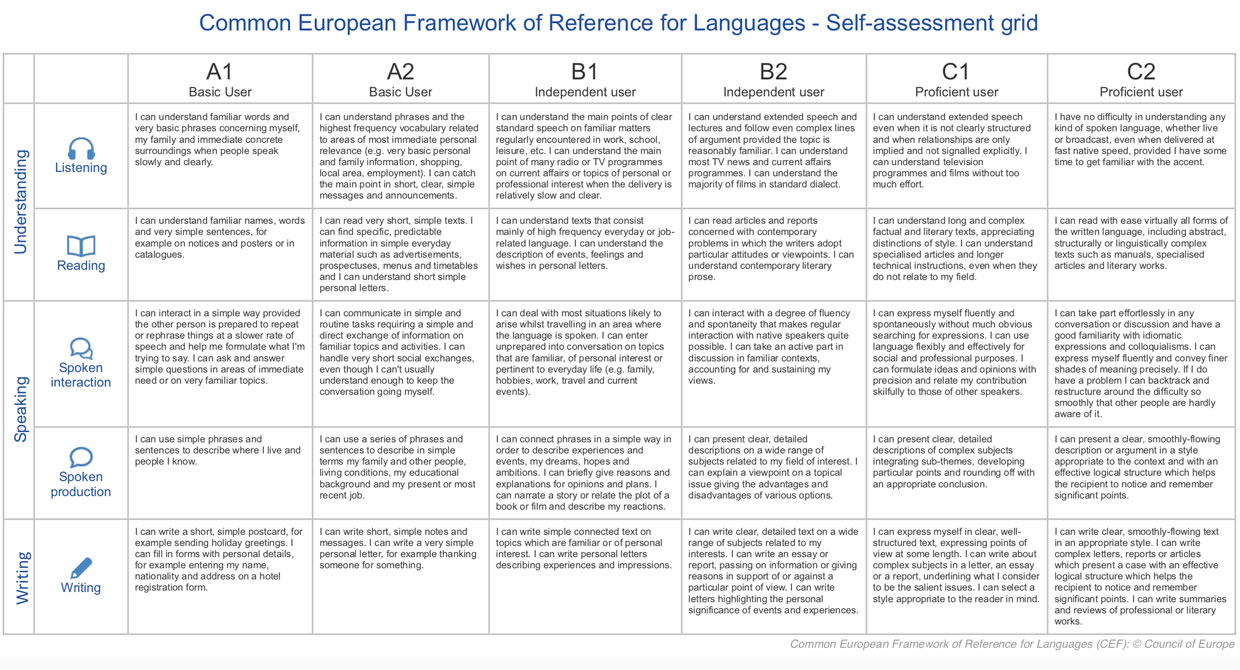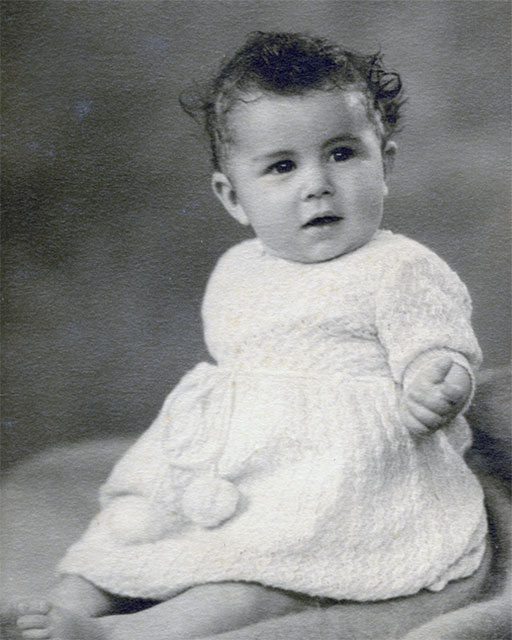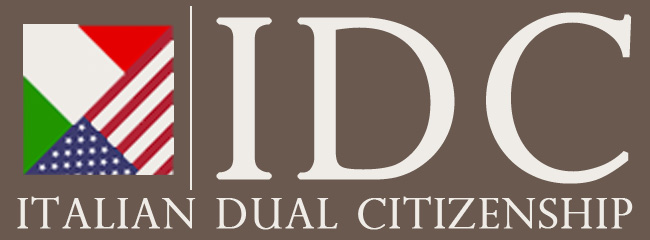
In December of 2018 the Italian government updated the law regarding the requirements for spouses applying for Italian citizenship through marriage. If you are the spouse of an Italian citizen and are applying for Italian citizenship through residency or marriage, you are now required to obtain a B1 level Italian language certificate or above. Your B1 level certificate must be certified by an educational institution approved by the Italian Ministry of Education (“MIUR”) or Ministry of Foreign affairs (“MAECI”) in order for it to be approved and meet the requirements.
There are many questions regarding the B1 certification requirement and exactly who is required to get it prior to obtaining Italian citizenship. If you are uncertain of what a B1 certificate is and how to get it, you are not alone. Our recent post about the Law Changes Affecting Italian Citizenship by Marriage explains the updated naturalization requirements for obtaining Italian citizenship.
The B1 certification ONLY applies to spouses looking to obtain Italian citizenship by marriage.
The most common questions we receive about the new requirement are:
- What exactly is the B1 certification?
- How well do I need to speak Italian to meet this requirement?
- How do I get this certificate?
We’ve assembled this information to provide you with some answers to the most common questions regarding the B1 certification:
What exactly is a B1 Certification?
The Italian B1 level language certification is an ‘intermediate’ level and means you are proficient enough in the Italian language for everyday interaction to live, study, and work in the community. It is one of the six levels (ranging A1 for basic to C2 for advanced) of a Common European Framework of Reference for Languages (CEFRL) test that is designed to show fluency in the Italian language. This certification serves as proof of intermediate competency in the language to the Italian government. This document could be useful for applying to scholastic programs, although some institutions require additional or higher levels of certification. It is recommended to check with your desired education program to see which level is appropriate.
The ability to work and earn income in the European Union is just one of the benefits of having Italian citizenship. If you are taking advantage of this benefit and seeking work in Italy or another European community in which Italian fluency would be required, you could be asked to provide proof of B1 (or higher) level certification as part of the application process. As an Italian citizen, you are granted the right to live and work legally in Italy without restrictions, granting additional possibilities for education and employment throughout the European Union.
How well do I need to speak Italian to meet the B1 requirement?
The B1 level certification demonstrates an intermediate ability to communicate in the Italian language. Intermediate ability does not mean perfect pronunciation and comprehension, it typically means you have the ability to communicate and understand the essence of topics usually experienced in work, school, travel, and recreational scenarios. You should be able to communicate simple concepts about yourself and your interests, and you can provide descriptions of events and experiences.
The CEFRL assessment assigns 6 unique user-levels: Each level can be further divided into three skills: understanding, speaking, and writing. Below is a complete break-down of the level categories and sub-categories.
- A1 (Basic speaker)
- A2 (Elementary speaker)
- B1 (Intermediate speaker)
- B2 (independent speaker)
- C1 (Advanced speaker)
- C2 (Proficient speaker)

Why is this required?
Given the diverse and multilingual landscape present in the Europe Union, the need for a standardized framework emerged. The Swiss government hosted a symposium entitled “Transparency and Coherence in Language Learning in Europe: Objectives, Evaluation, Certification” in 1991 where they demonstrated this need and designed a project to identify and design a system of language certifications. Due to the importance of communication in business, trade, and intergovernmental and cultural exchange, this standardized certificate program was necessary to assist governments, schools, and employers in expanding international opportunities. CLICK HERE to read more about the Council of Europe’s research and resources.
What can I expect in the B1 Test and How should I study for it?
Assessment start time and duration depends on where you register for the exam. A list of schools can be found in the next section. There is minimal variation between certification assessments, but the core concepts are the same. Once you choose a testing site, you should contact your institution for the exact requirements and they may offer preparation and study materials. Typically, the test takes several hours, depending on the institution and your familiarity with the material. Depending on your knowledge and propensity for language acquisition, preparation times will vary. Either at home, online, in the classroom setting, or with a private instructor, approximately 25 hours per level are required to advance through A1.1, A1.2, A2.1, A2.2, B1.1, B1.2, B1.3, and B1.4, totaling roughly 200 study hours. As stated, these times can vary greatly depending on your language aptitude and comprehension.
Where can I take the B1 Certification Exam?
ITALIAN CULTURAL INSTITUTIONS IN THE USA TO TAKE THE B1 CERTIFICATION EXAM REQUIRED TO OBTAIN ITALIAN CITIZENSHIP BY MARRIAGE:





